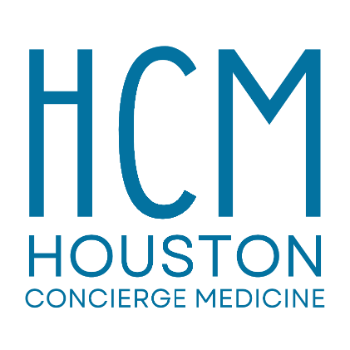Opioid addiction is one of the most startling health epidemics that the US has faced in decades. Currently, the National Institute of Drug Abuse estimates that upwards of 35 million people abuse opioids worldwide, with more than 2 million people in the US suffering from opioid addiction and numbers are rapidly growing. It’s not surprising then that Primary Care Physicians are being asked to help patients overcome their addiction. If you or a loved one is struggling with opioid addiction, here are some things you should know.
What Are Opioids?
Opioids are drugs that affect the nervous system to help relieve pain and can come in the form of tablets, caplets or liquids. They can be prescribed for a variety of reasons including physical injuries, dental work, anesthesia, pain-related illnesses and as a means for pain relief following surgeries. They can produce morphine-like effects and euphoria, and actually alter the chemistry in the brain. They affect the “reward” centers in the brain and thus have qualities that make them highly addictive if used recreationally. Opioids can also produce severe withdrawal symptoms like vomiting, myalgia, tremors and more.
Watching For Signs
The first step in realizing that someone has an opioid addiction is identifying that there is in fact a problem. If you notice that someone is unable to stop using them, that’s the most obvious red flag. Someone taking more than the recommended dose of medication on a regular basis may also be a sign of trouble. Here are some additional signs to look for:
- Poor coordination
- Slurred speech
- Excessive drowsiness
- Mood changes and irritability
- Severe anxiety
- Poor judgement/ bad decision making
- Acting or feeling “high”
Preventing the Problem
From a preventative standpoint, sharing your reservations about taking opioids with your primary care physician is one thing that you can do to prevent becoming addicted. Trying to find alternative methods of pain relief is probably the best way to ensure that addiction is not something you will ever have to face. If this is not a possibility, then your primary care physician should use proper judgement and prescribe a closely-measured medication at the properly recommended doses. Work carefully with your primary care physician if you notice any side-effects listed on the prescription labels.
Solving the Problem
If you or someone you love is struggling with opioid addiction, the best thing you can do is to seek help right away. Being open and honest with your primary care physician may be difficult, but it’s likely the first step on the road to recovery. There are medications, programs, and other therapies that can help you heal and break the addiction cycle. Detoxification from opioids and the subsequent withdrawal symptoms are difficult to endure, but can be overcome by working closely with your doctor. Some things that your primary care physician can do to help you with opioid addiction include:
- Detoxification processes that include prescribing medications such as Buprenorphine, extended release Naltrexone, or Vivitrol.
- Helping you find short-term and long-term recovery therapies.
- Introducing you to Narcotics Anonymous, a 12-step program modeled after Alcoholics Anonymous.
- Cognitive behavioral therapy.
- Motivational interviewing.
- Family and couples therapy.
For people who struggle overcoming opioid addiction, there are many resources available. To learn more about how Houston Concierge Medicine & Wellness Center can develop personalized opioid addiction treatment plans using integrative medical care.


0 Comments